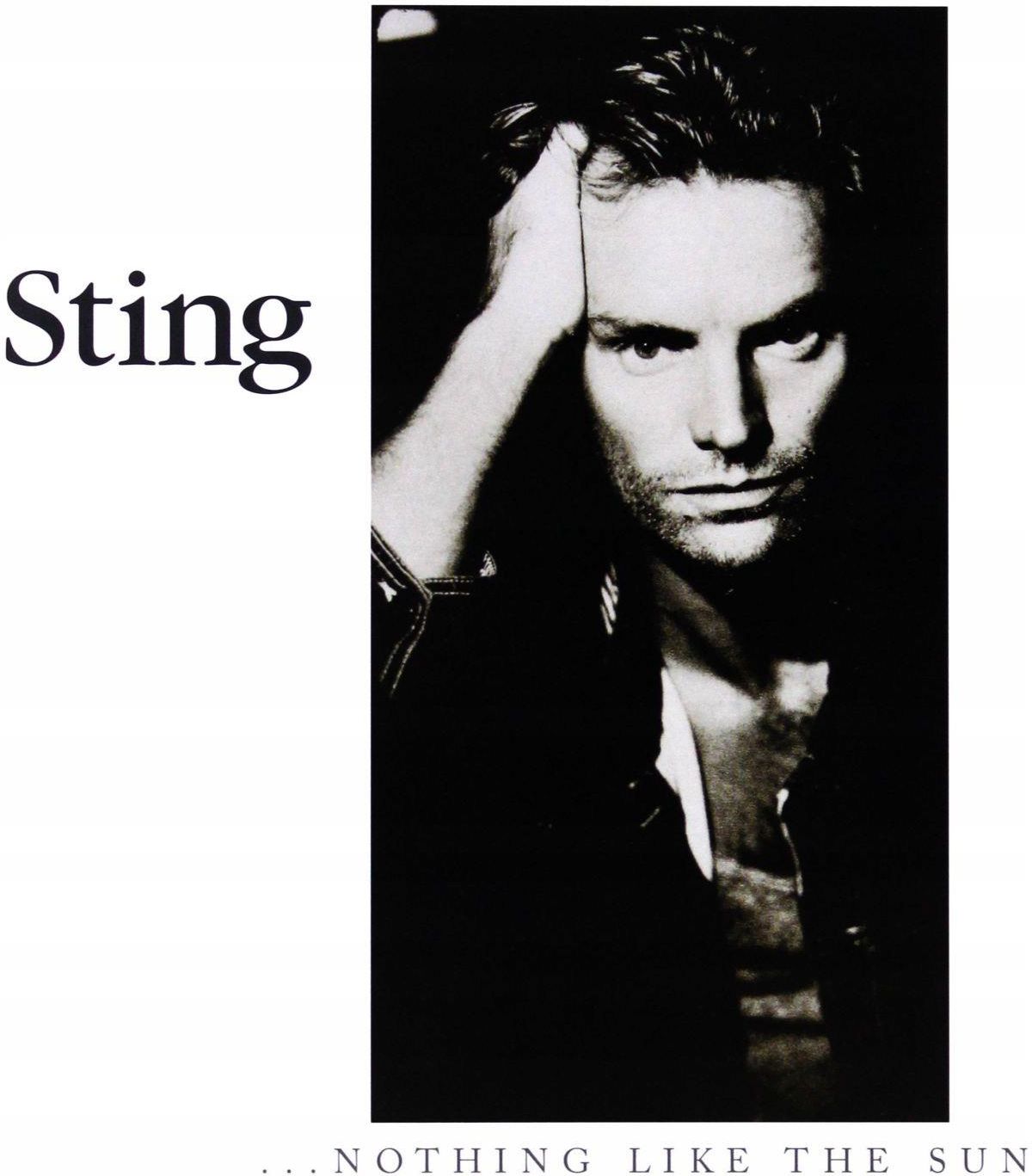

But the aesthetic and sceptical side of Burgess’s mind coexists with an appetite for realism, for facts and, above all, for tradition. The modern novelists he most admires are in the ‘ludic’ tradition: James Joyce, Ronald Firbank, Flann O’Brien and Vladimir Nabokov. 1 His liking for wordplay, for intellectual puzzles and coarse jokes, for pattern rather than plot, and cyphers rather than character, has drawn him to the fashion for ‘ludic’ blending of fiction with literary and verbal games. He has been a schoolmaster, a colonial education officer and a university teacher: there is a pedagogic element in much of his work. He is a witty, often somewhat frivolous literary journalist and broadcaster. Read more about the book on goodreads.The perspective of Anthony Burgess in his two historical novels is that of a teacher who is also an entertainer. Meanwhile, Shakespeare is cuckolded by his younger brother Richard, who stayed behind in Stratford, as proposed in the “Scylla and Charybdis” episode of Joyce’s Ulysses, and whom Shakespeare discovers here in bed in flagrante with Anne Hathaway.-PG She is seduced by Shakespeare’s foppish friend, patron, and occasional lover, the Earl of Southampton, catches syphilis from him, and imparts it to Shakespeare himself.

Notorious Elizabethan prostitute Lucy Negro is cast as Shakespeare’s East Indian mistress, a former Muslim originally named Fatjmah, and the Dark Lady of his sonnets. Life in contemporary London is presented in vivid, lavish detail as equal parts chaotic, squalid, and spectacular.

Burgess uses snippets from Shakespeare’s own plays as well as slang, some historical, some invented, to evoke Elizabethan English. Its most salient feature is the extravagant chaos of its prose, presented as Shakespeare’s own stream of consciousness the novel is written in an exuberant, head-spinning, sometimes-distracting style, modeled on Joyce’s Ulysses. This highly-fictionalized, slightly seedy pseudo-biography of Shakespeare is presented in a frame story as a bravura exposition of sonnet 147, “My love is as a fever,” etc., by a drunken professor, “Mr.


 0 kommentar(er)
0 kommentar(er)
